Jonathan Molinari
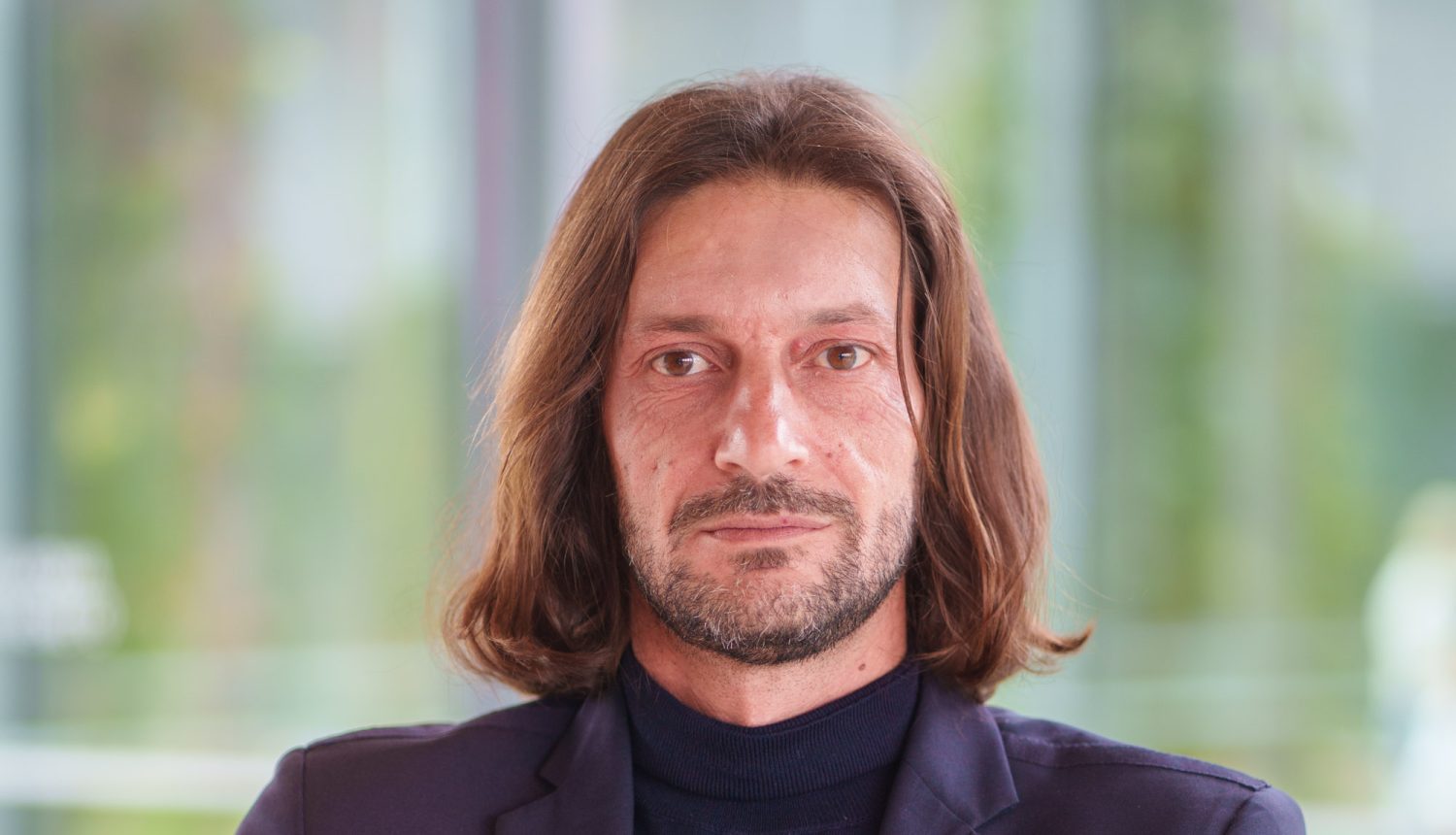
Jonathan Molinari graduated in philosophy from the University of Bologna (2008) and received his PhD in “History of Ideas. Philosophy and Science” at the Italian Institute of Human Sciences – Scuola Normale Superiore in Pisa (2012). He was twice fellow of the Italian Institute for Philosophical Studies at the Warburg Institute in London (2009 and 2010), chercheur invité at the Institut Supérieur de Philosophie of the Université Catholique de Louvain (2011) and collaborator of the Quadriviums Humanism and Modernity project of the University of Bologna – Centre National de la Recherche Scientifique – CNRS (2011).
In 2016, he completed a post-doctorate in philosophy at the University of São Paulo (USP) and in 2017 a post-doctorate at the Federal University of Goias (Brazil). He participated in the Equipe de recherche Théta – Théories et histoire de l”esthétique, du technique et des arts of the CNRS, Centre Jean Pépin in Paris (2008-2014) and in the International Research Networks (GDRI-STAR) Artistic Knowledge and Art Treatises from Renaissance to the Enlightenment (2010-2014).
From 2017 to 2022 he was Professor of History of Philosophy at the Federal University of Pará (UFPA) in Brazil and coordinator of the international research group Humanism and Utopia, supported by the CNPq (National Centre for Scientific Research, Brazil). From 2018 to 2022 he was responsible for the Federal University of Pará for the international cooperation agreement between the Post-graduate Programme in Philosophy and the Department of Philosophy and Communication of the University of Bologna. Since 2019, he has been a member of the research group Ética e Política na Filosofia do Renascimento of the National Association of Philosophy (ANPOF) in Brazil. He has published two monographs and several essays dedicated to early modern philosophical thought and has lectured in various European and South American universities (including Bologna, Florence, Louvain-la-Neuve, Brasilia, Porto Alegre, Buenos Aires, La Habana, Rio de Janeiro).
His research focuses on philosophical and anthropological themes between the 15th and 16th centuries and their outcomes in the constitution of a modern conception of man and societies, with particular attention to the topic of freedom and discretion of action. A further area of investigation is that of utopias, eutopias and dystopias, analysed both in the formulations proposed by philosophers between the 15th and 17th centuries, and in the historiographical relevance they have had in the last two centuries. Since 2020 he has participated in the organization of contemporary art exhibitions, collaborating with the Marignana Arte Gallery and Spazio Berlendis in Venice. In 2022 he was awarded the National Scientific qualification as associate professor in the Italian higher education system for the disciplinary field of 11/C5 – History of philosophy.
He currently teaches at H-FARM College and is an adjunct professor at Ca’ Foscari University in Venice.
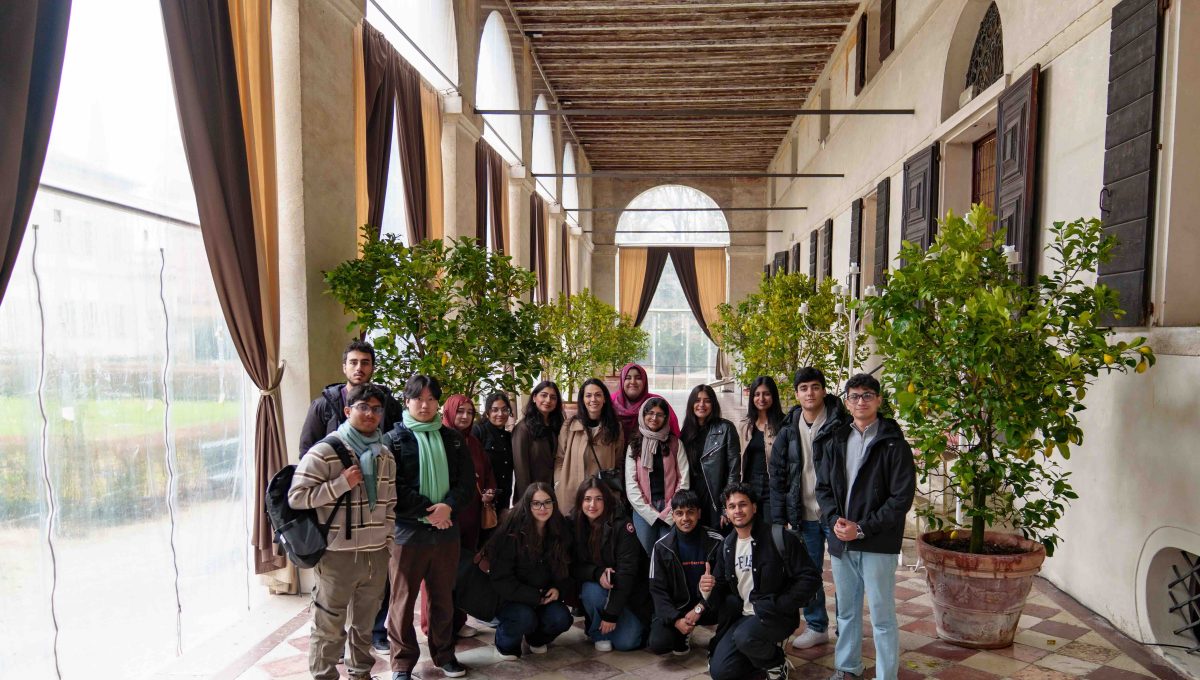

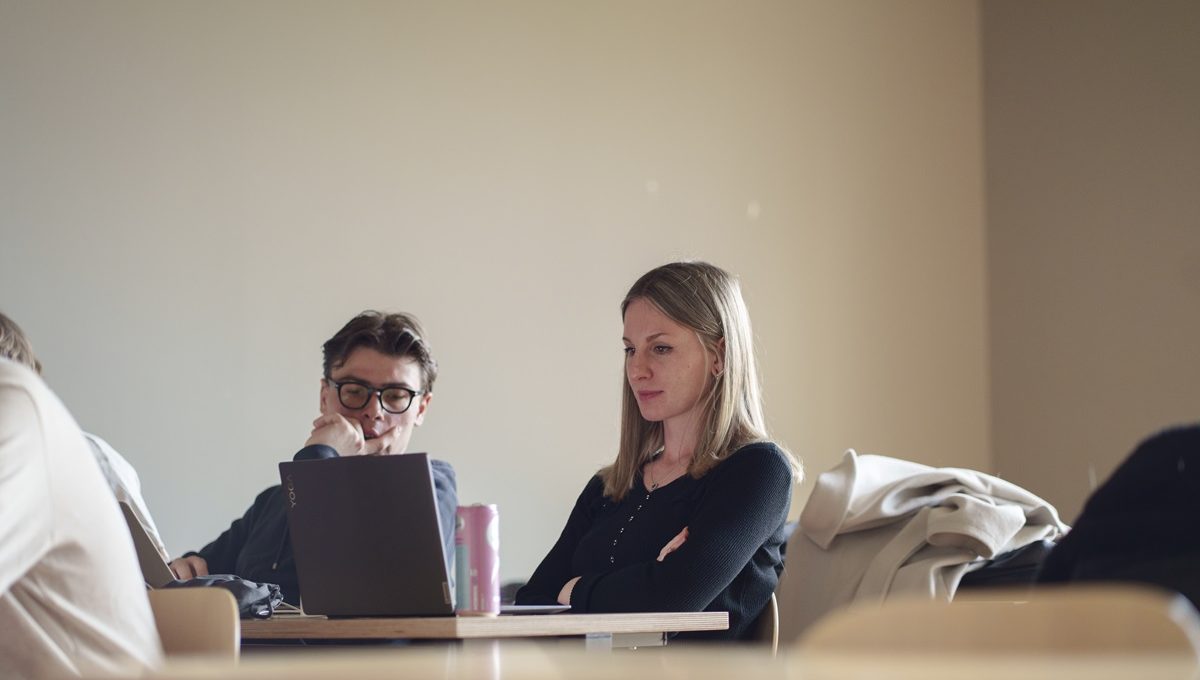
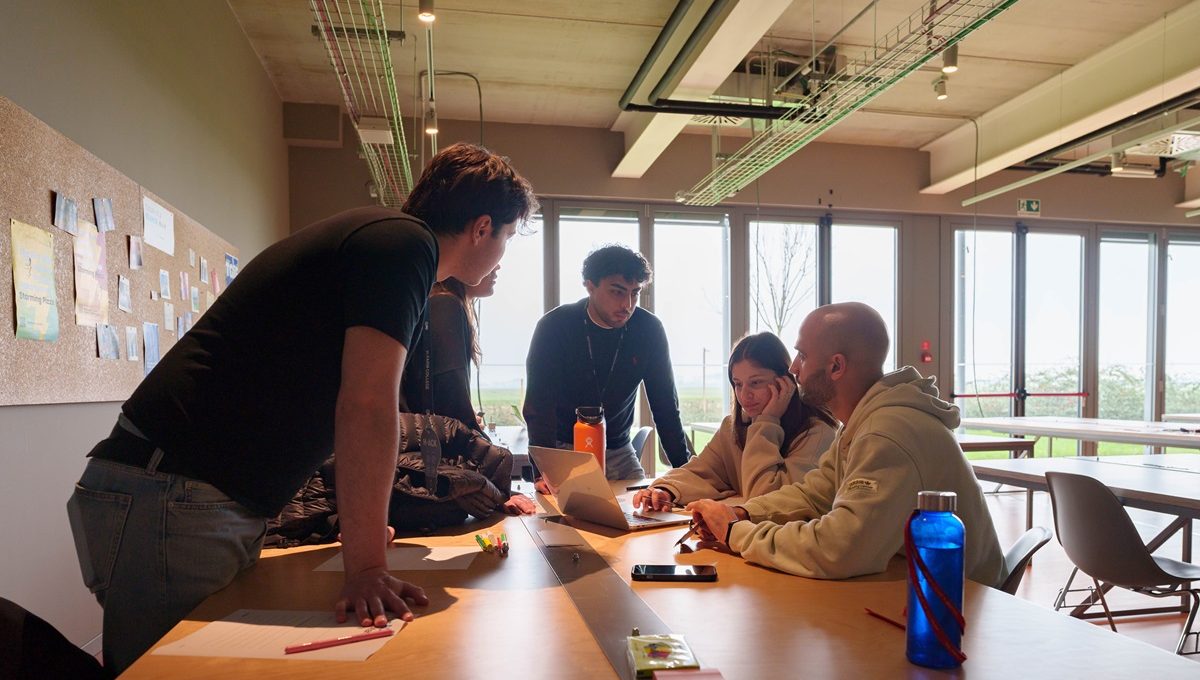
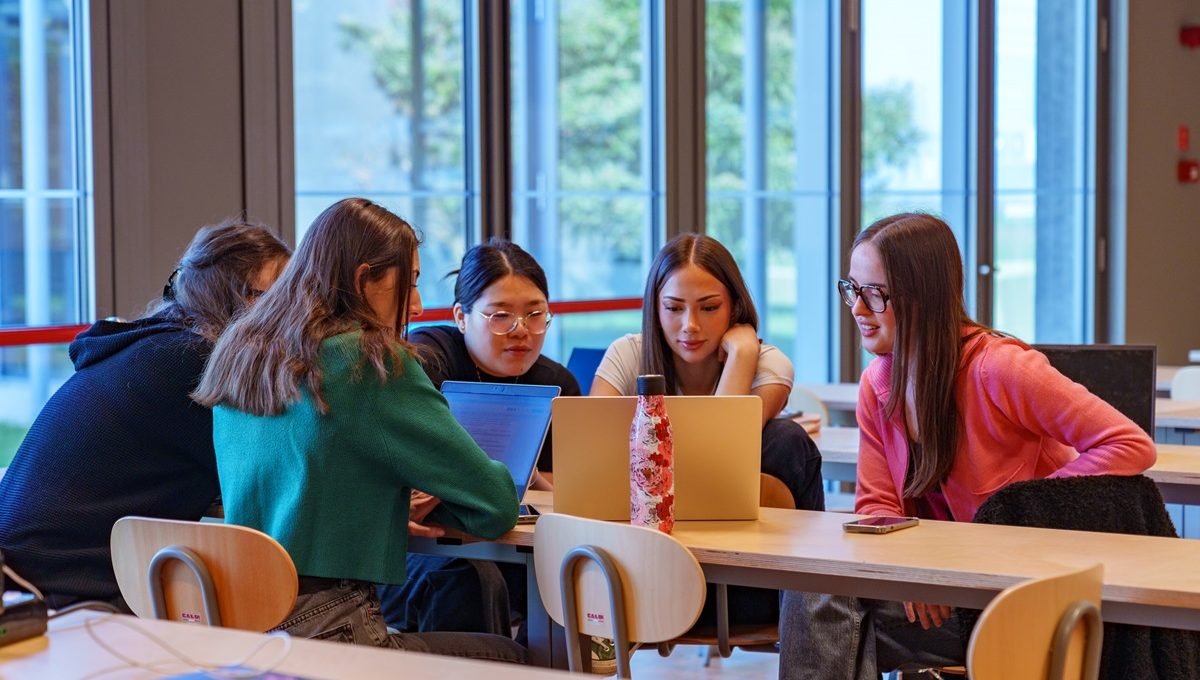
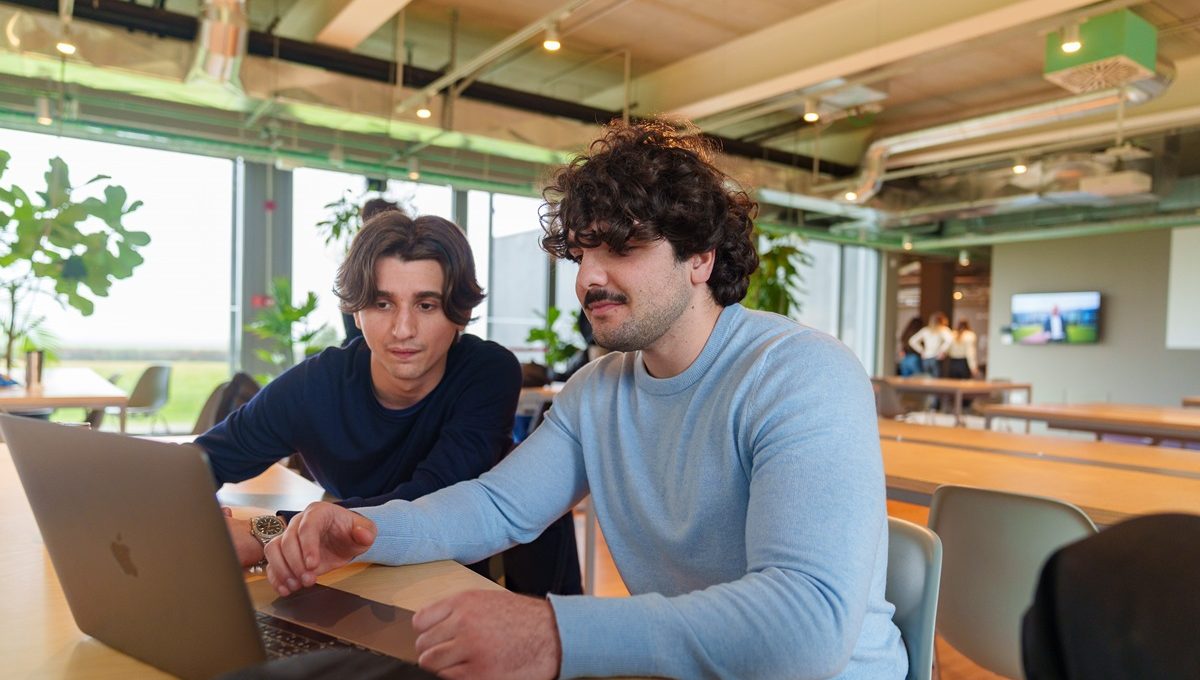
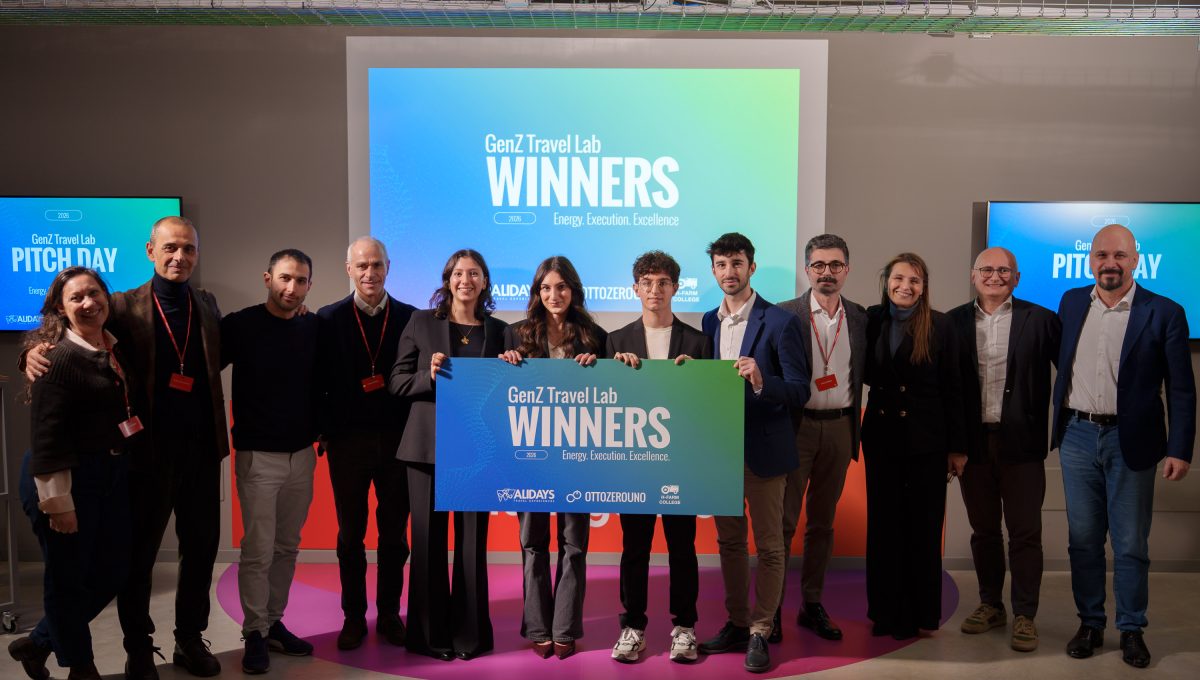

 Back
Back